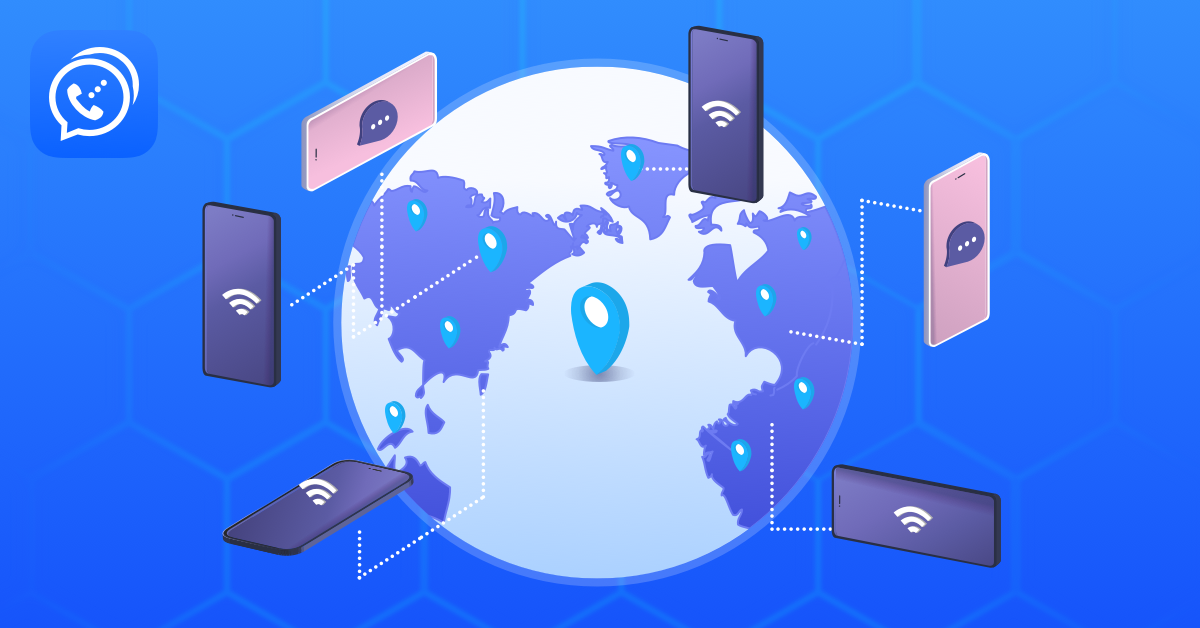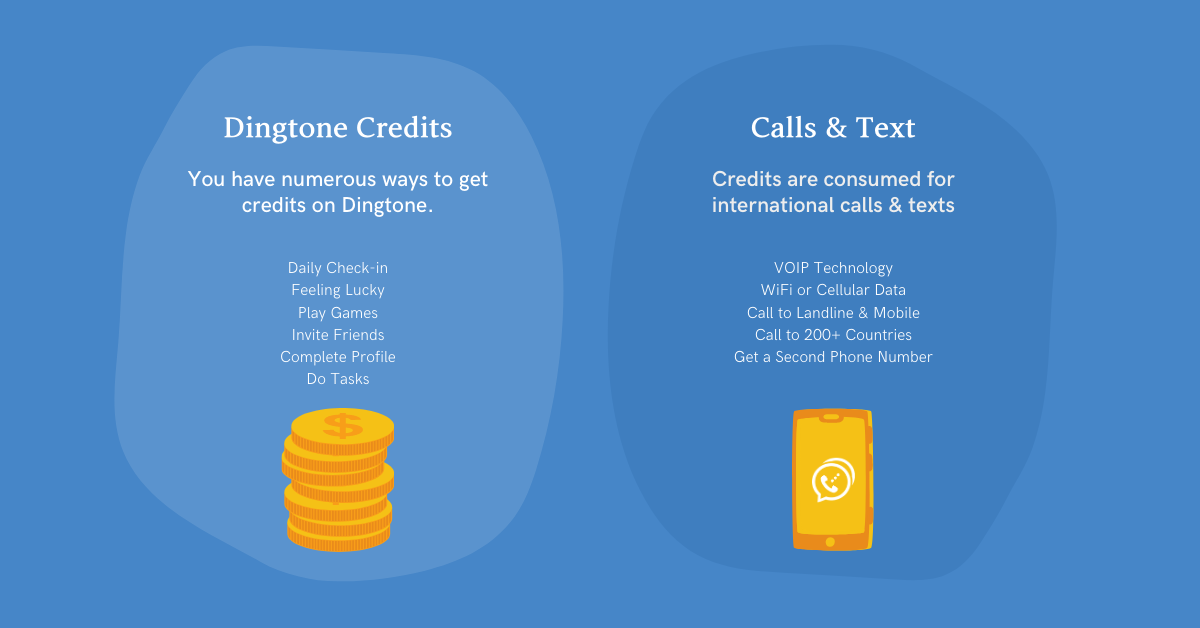Thanks to the VoIP technology, you have more than one way to make a phone call with your mobile phone. Up to now, VoIP calls have become extremely popular because they are beneficial to cut your calling rates and provide you a second phone number.
Nevertheless, because VoIP calls depend on the usage of cellular data or WiFi, data usage has been the leading concern of users. Then, how much data does a VoIP use, and how to reduce the cost of its data usage? Here’s the answer.
If you just want to read the tips to reduce data usage of VoIP calls, directly scroll to the end of this article to get them.
How does VoIP Work?
VoIP, short for Voice over Internet Protocol, lets you make voice calls based on the Internet. Instead of using the analog signal to transfer your calling to PSTN (Public Switched Telephone Network), VoIP calls use your bandwidth.
VoIP calls work by converting voice frequency into data packets that are transformed through an IP network, which means your phone call has been a device within the range of your internet but not an extra device.
Data packets first arrive at the VoIP provider after bypassing your modem. Then, VoIP calls are completed through PSTN or directly established on other confidential VoIP calls.
How Much Data does VoIP Calls Use
As a VoIP call is made, your bandwidth is used. Meanwhile, your voice will be converted into digital data. Much like how music can be made available in an MP3 or AAC format, phone calls are compressed using a variety of codecs. A codec is a combination of Code-Decode, which is a method to compress and un-compress digital data—typically audio and video.
With a codec, VoIP calls compress voice data with calling quality unchanged. There are different codecs calling for different data usage.
When it comes to the data usage for a VoIP call, the following table indicates the data usage for 10 minutes and 1 hour calling with different codecs used.
Therefore, it can be concluded that different codecs lead to different data usage and the specific data usage for your VoIP calls depend on the codec your VoIP service providers use.
Simple Tips to Reduce Data Usage for VoIP Calls
The reduction of the data usage is quite important for everyone since your internet data plan can never be consumed to your VoIP calls alone. Here are some simple tips to follow.
Use WiFi as Much as Possible
No cellular data will be consumed for VoIP calls when WiFi is used to call. Therefore, try to make VoIP calls when WiFi is accessible to reduce your data usage. The phone calls that don’t need to be made right now can be delayed whenever WiFi is accessible.
Select a Low-Cost VoIP Calling Service Provider
Just as is discussed above, different codecs lead to different data usage so selecting a low-data VoIP calling service provider is beneficial for your data usage saving and reduction. However, it’s a little difficult actually because no WiFi calling apps or VoIP apps can tell you the specific codec they use.
Use Dingtone for Free VoIP Calling
Dingtone is one of the leading apps for VoIP calling and up to now, it has been used by millions of users around the world.
Based on the Dingtone credit system, users are able to make calls and send messages to people around the world without any cost. Dingtone users can earn credits in numerous ways and they can be consumed to make calls and send texts.
As a result, there won’t be any need to worry about the data usage for VoIP calls since the calling fees can be earned without any cost.
Bottom Line
- VoIP calls depend on cellular data or a WiFi network.
- Different codecs lead to different data usages.
- You should conform to some simple tips to reduce your data usage for VoIP calls.




